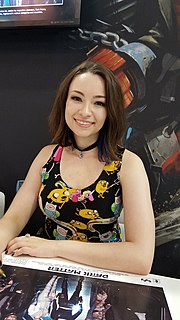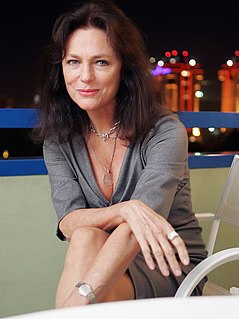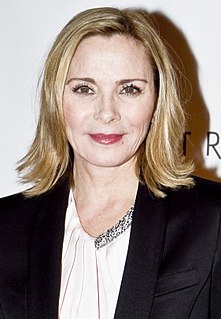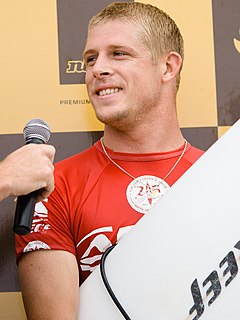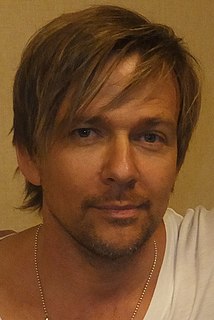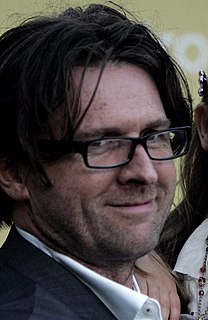A Quote by Philip Seymour Hoffman
Related Quotes
If you want a film and they don't want you, sometimes you have to go fight for it. Sometimes that ends up just being a meeting really, just sitting down with them and just saying here is my vision for it and here is why I really love it. But for the most part, I think filmmakers gravitate towards people that are excited - as excited as they are about the film and as passionate about it. So sometimes going after it isn't so much a function of auditioning as it is just sitting down with the filmmaker.
To create anything — whether a short story or a magazine profile or a film or a sitcom — is to believe, if only momentarily, you are capable of magic. These essays are about that magic — which is sometimes perilous, sometimes infectious, sometimes fragile, sometimes failed, sometimes infuriating, sometimes triumphant, and sometimes tragic. I went up there. I wrote. I tried to see.
Sometimes I have experienced at the start of a film you're very excited and enthusiastic and you've done all your preparation internally and externally and you start the film and it's all go... Then your attention goes somewhere else. Your energy goes into telling the story, so you don't have the same amount of energy to be objective, and that's okay because sometimes you become a subject of the story and you're inside it so much that you don't need to keep on looking on the outside.
The idea is to make the script out of a political analysis and then to convey that - sometimes in poetry, sometimes science, sometimes all it takes is a film. The film itself is less and less spectacular because I think very strongly now the more spectacular you are, the more you are absorbed by the things you are trying to destroy.
All I've learned is that you need the studio system sometimes, if your budget is a certain size, and other films you can do independently. When I think of a studio, I generally think of distribution. Since I'm a director, I have a similar creative experience on every film I do, because I can control that. But then it's a different film, I think, as it reaches the public, depending on the way it's marketed. I don't know. I haven't learned much of anything. Sometimes you need them, sometimes you don't. Sometimes they want you, most of the time they don't.

